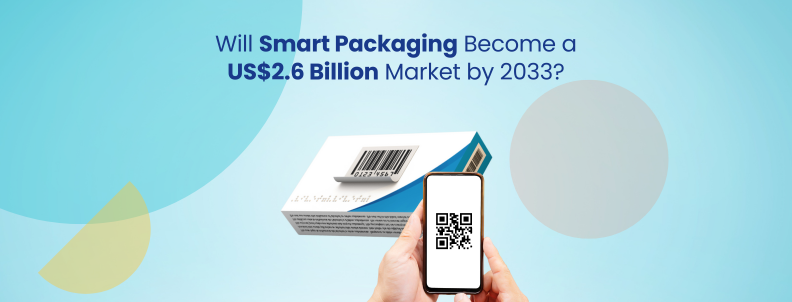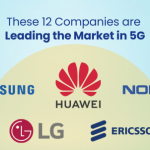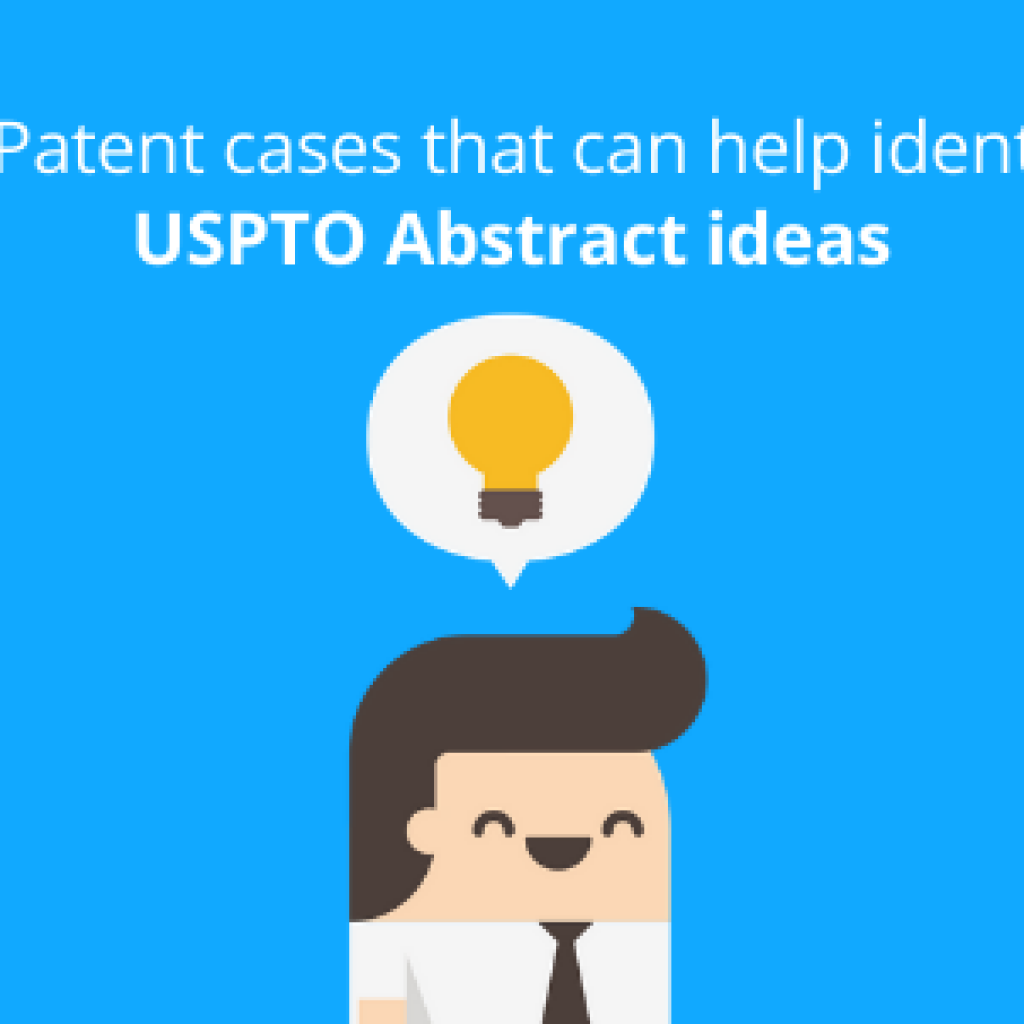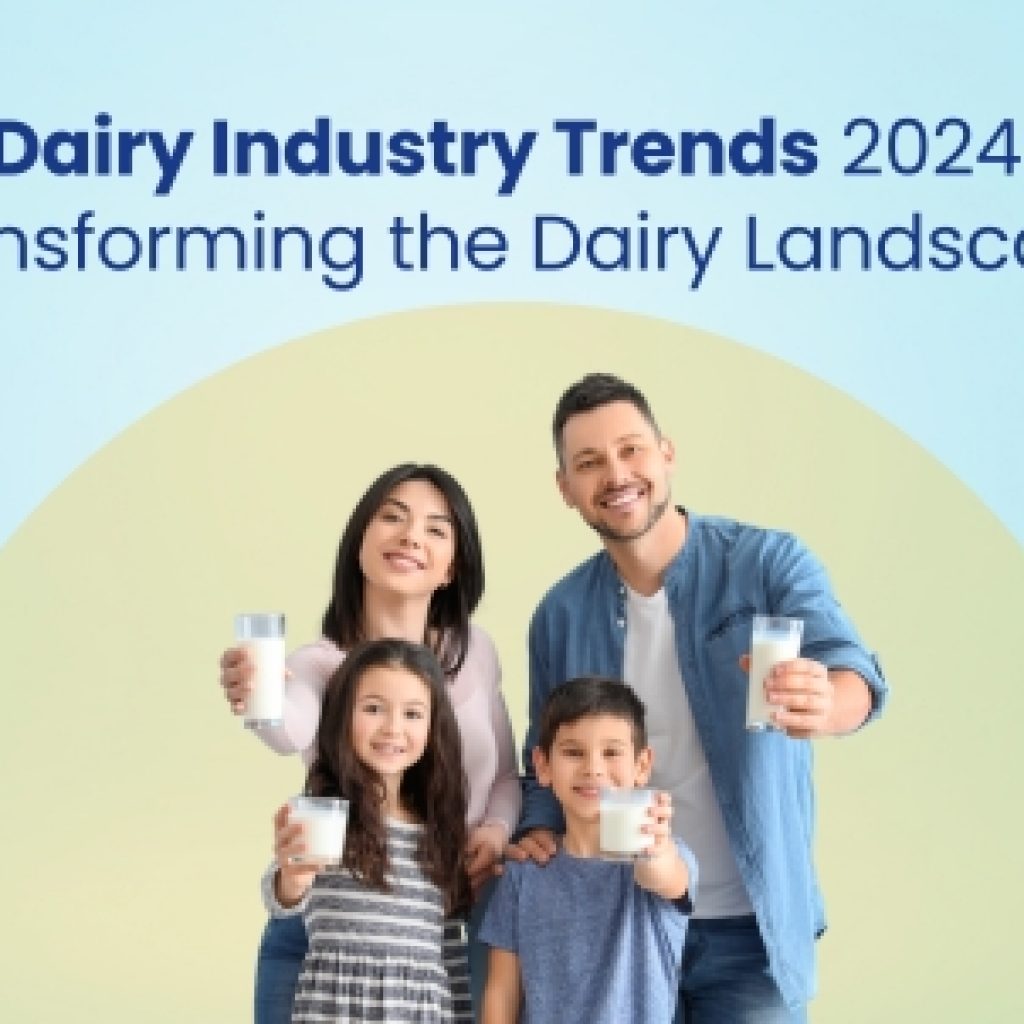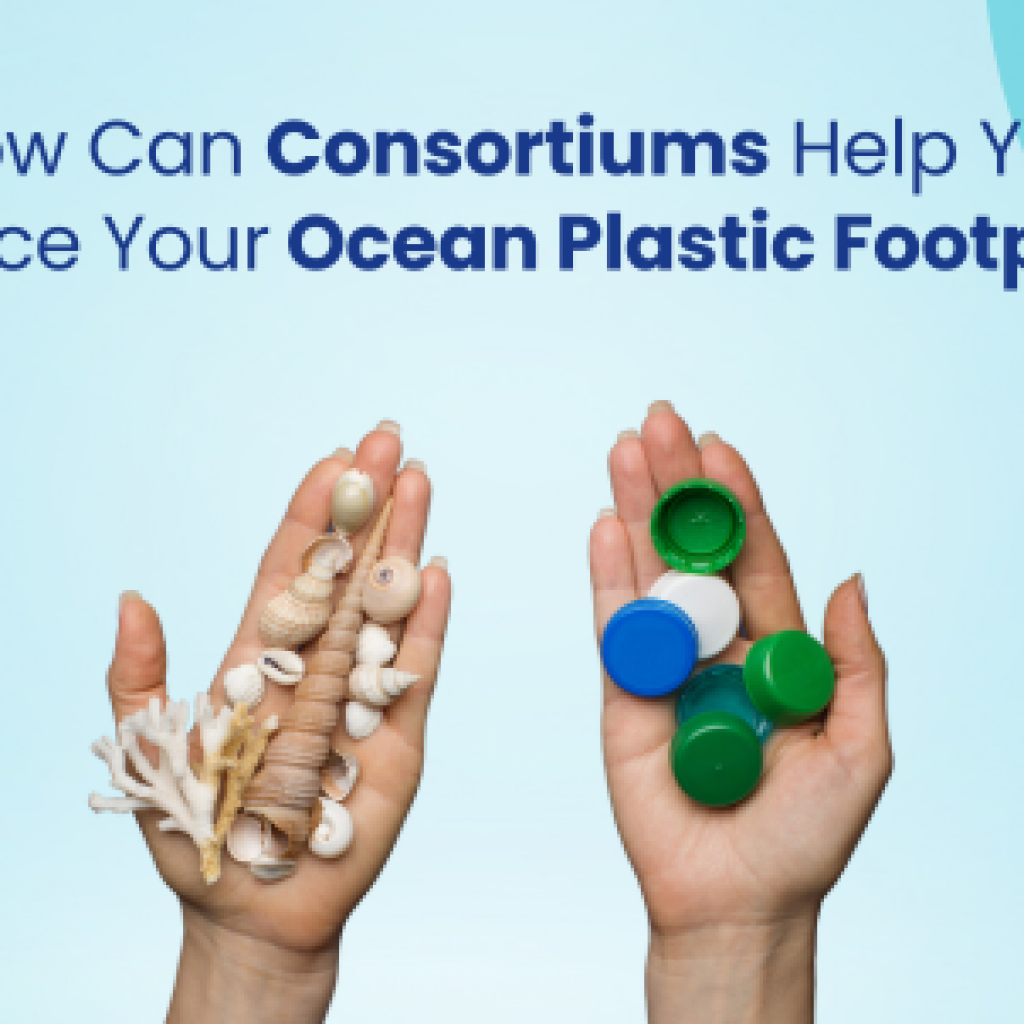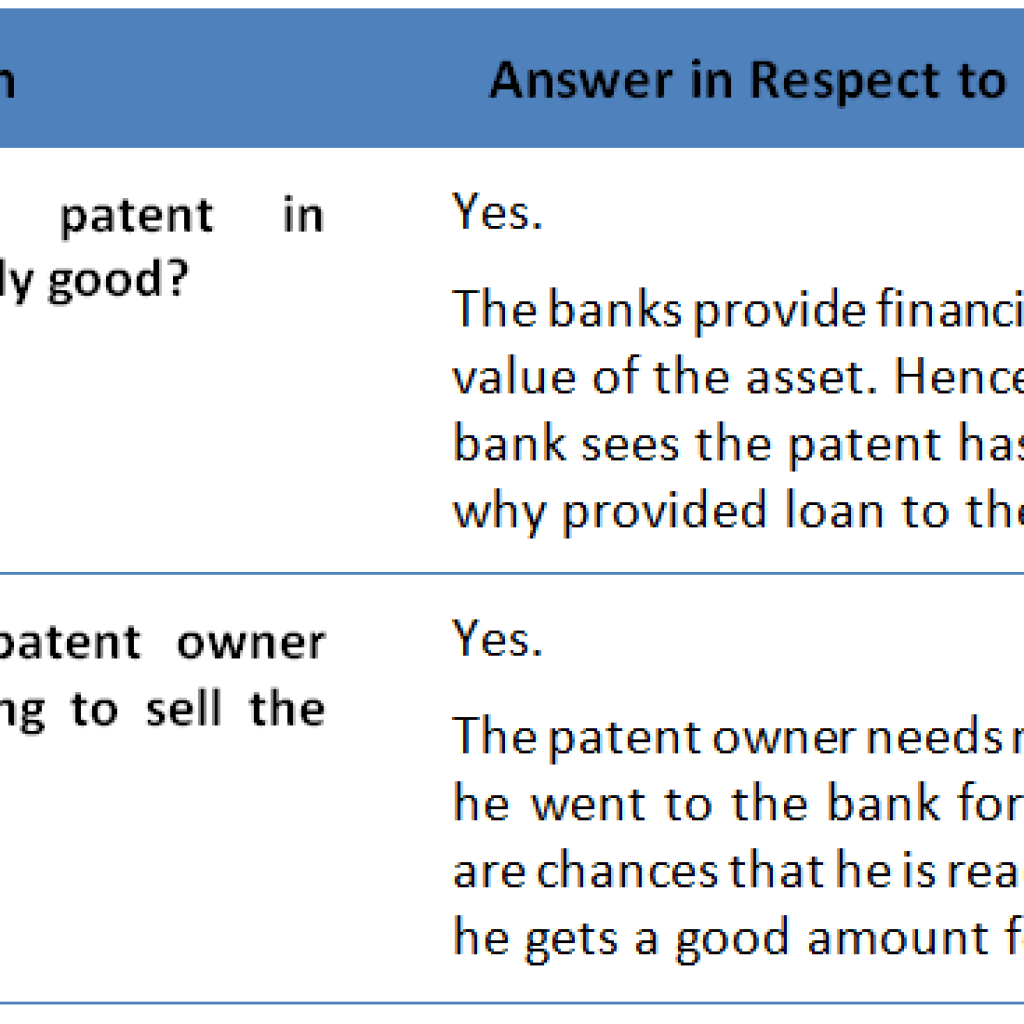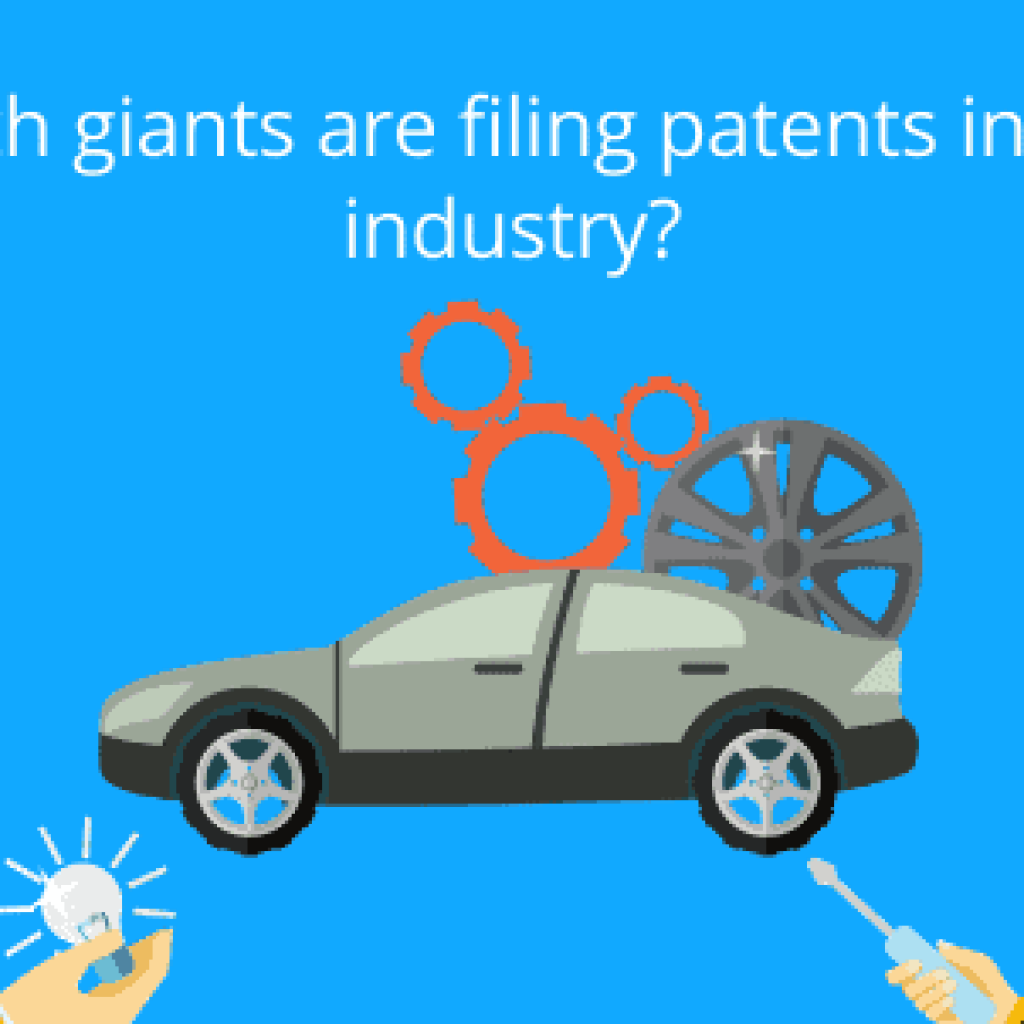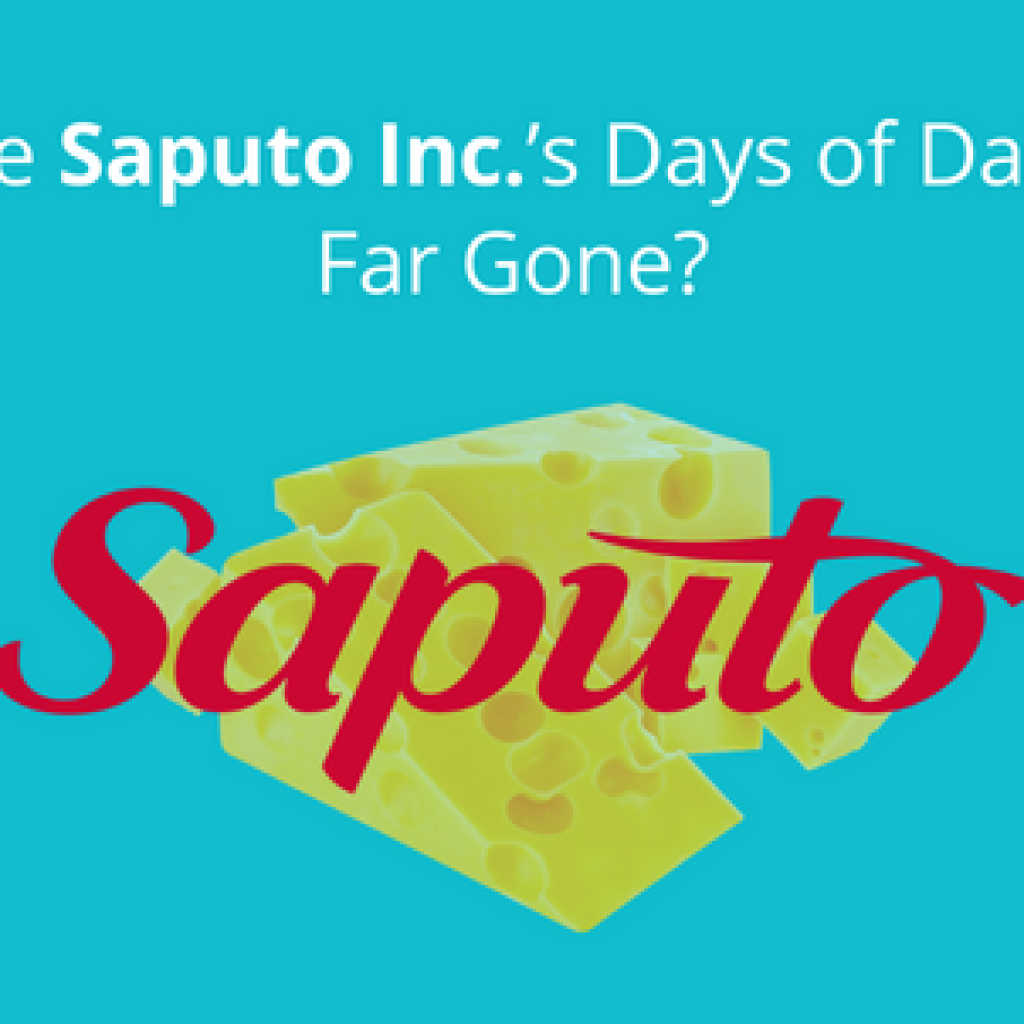Smart packaging has become a revolution in various industries, offering many benefits. It not only enhances transparency into food conditions and extends shelf-life but also serves as a powerful marketing tool, fostering customer engagement.
Recognizing its immense potential, the food industry stands at the forefront of adopting smart packaging solutions.
Smart packaging further comprises three trends, i.e., active, intelligent, and connected.
Find more than just smart packaging in our 2024’s Packaging Trend Report. Discover 3 additional trends along the way.
Fill the form below and get your hands on our report now!
To gain insight into the latest developments in this field and discover the direction it is headed, let’s dive into the recent advancements in smart packaging.
What are the recent developments in smart packaging?
In the domain of Smart Packaging, significant attention is directed toward two key areas: active/intelligent packaging and connected packaging.
While active packaging has gained attention for its impressive ability to reduce food and water wastage by 1.1 million tons and 314 billion gallons, respectively, connected packaging has witnessed increasing demand, with its user base growing from 54% in 2022 to 81% in 2023.
Let’s explore the latest advancements in these fields.
Active and intelligent packaging
Research in the field of active and intelligent packaging is centered around the utilization of nano-composites to enhance the shelf-life of perishable goods. The versatility of these materials allows for easy modification to provide the desired properties to the packaging layer, thereby improving the longevity and storage capabilities of consumables.
These innovative packaging solutions have gained popularity as governments prioritize their use to combat food wastage.
Recent developments in the industry highlight the establishment of standards that packaging manufacturers must adhere to when developing such solutions.
- The International Organization for Standardization (ISO) is developing specific standards for active and intelligent packaging, namely, ISO/CD 6608-1 (General requirements and specifications of active packaging) and ISO/AWI 6608-2 (General requirements and specifications of intelligent packaging), which are currently in the development phase and expected to be released soon.
- Additionally, the European Food Safety Authority (EFSA) has issued guidelines about active and intelligent substances in materials intended to come into contact with food, as outlined in Regulation (EC) No 450/2009. This Regulation establishes specific requirements for marketing active and intelligent materials and articles intended to come into contact with food.
Now that we know the research focus of the industry, let’s take a look at a recent innovation in the domain –
Tracking food freshness with pH response label
Researchers at Northeast Forestry University have developed a food label that effectively monitors the freshness of packaged food items, including meat and seafood.
This advancement involves the creation of a pH-responsive label film reinforced with nano-silica and specific plasticizers such as starch, carrageenan, cellulose nanowhiskers, and nano-silicon dioxide. The incorporation of nano silicon dioxide in the film serves as a protective barrier against UV light.
The study revealed that the developed film exhibited enhanced optical properties, such as high haze and light transmittance, enabling better identification of color changes in the intelligent film. Furthermore, notable improvements were observed in the mechanical properties of the film, including tensile strength, elongation at break, barrier properties, and water vapor transmission.
Connected packaging
Now that counterfeit products have become a new challenge in the packaging industry. This has led to a shift in focus within the domain of connected packaging, as these fake goods increasingly affect industries like food, beverages, and pharmaceuticals.
In Europe, approximately one of every eight food products is suspected of being counterfeit. With an estimated annual loss of $150 billion attributed to the sale of counterfeit medications, the problem extends to the pharmaceutical industry as well.
As a result, anti-counterfeit packaging has gained significant attention within the connected packaging domain.
Let’s take a look at some of the innovations taking place in this domain –
UV technology-based hologram labels
India-based hologram company, Holostik, has developed a range of holograms for anti-counterfeit purposes. Their 3D label, featuring embossing and UV technology, ensures product authenticity can be easily verified.
Particularly beneficial for the nutraceutical and protein powders industry, where counterfeits have caused significant damage, Holostik’s hologram labels provide effective protection against fraud.
That’s not it! Find more such innovations in our 2024’s Packaging Trend Report.
Who is working on smart packaging?
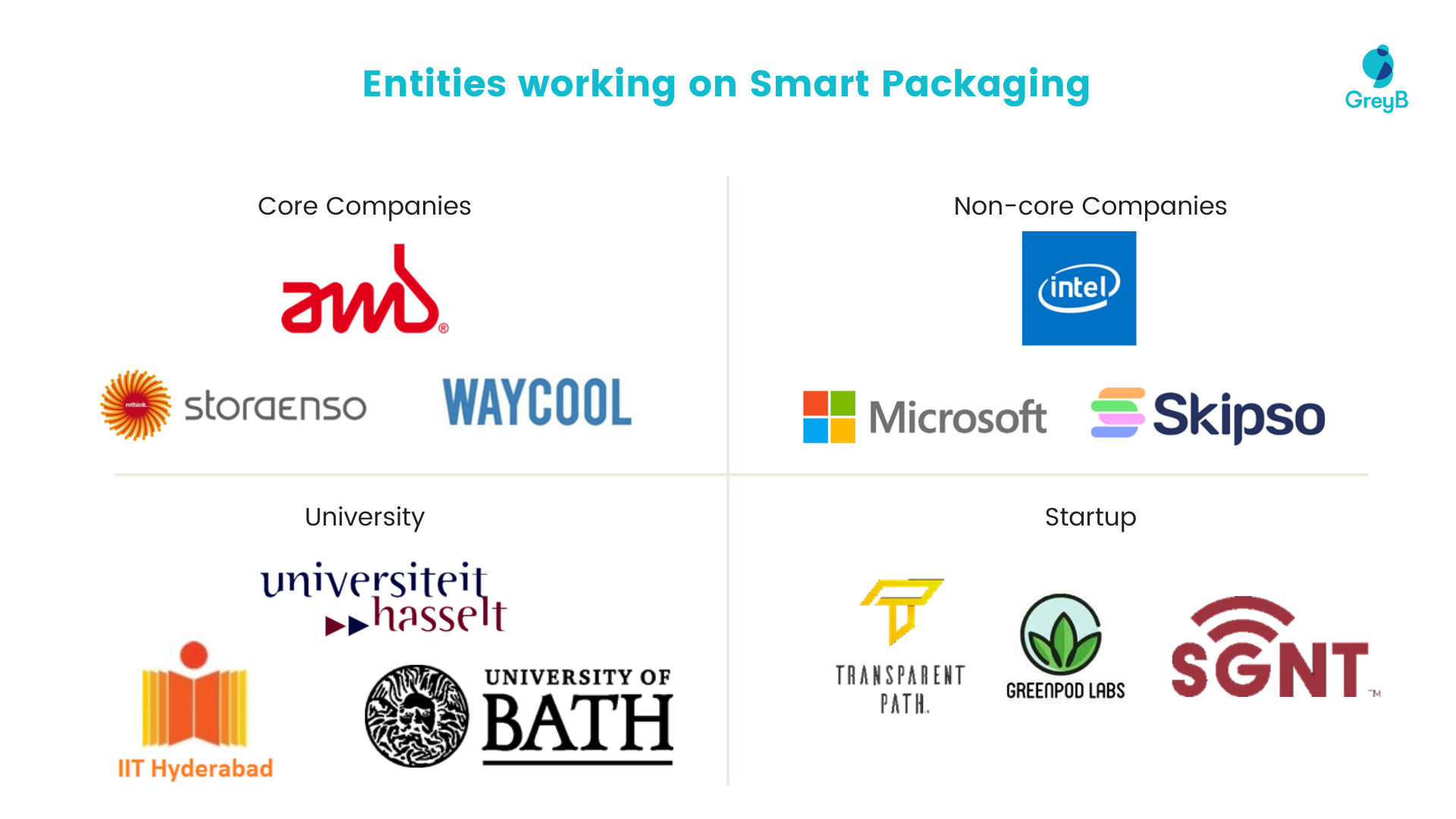
Significant Collaborations in Smart Packaging
AMD & Skipso
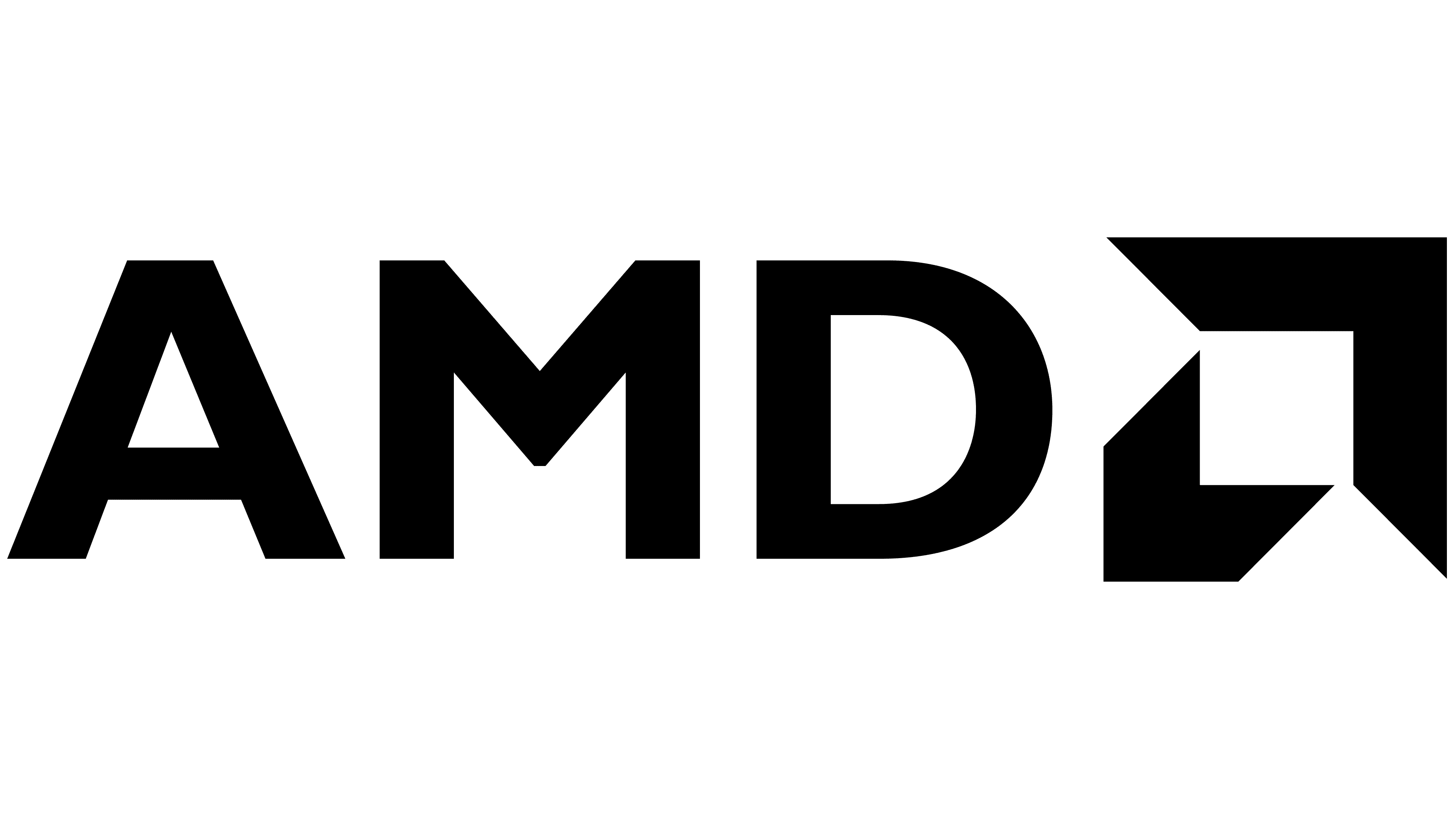

The American Multinational Semiconductor company AMD, in collaboration with Skipso, an innovation management platform, launched “AMB D2BD,” an innovation program specifically targeting startups working on smart packaging solutions and enhanced shelf-life quality.
WayCool & IIT
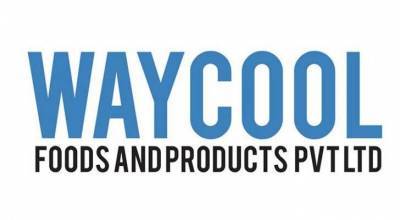
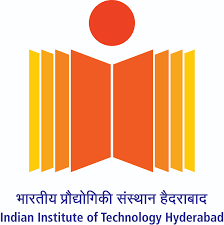
Waycool, an Indian Agritech startup, and IIT Hyderabad, the Indian Institute of Technology, have signed a 3-year memorandum of understanding (MoU) to improve the shelf-life of food packaging materials through biopolymers. As part of this collaboration, WayCool will invest approximately $25,000 for three years in this partnership.
In addition to private organizations, governments worldwide display a keen interest in this field and make considerable investments.
Which Government Bodies Are Initiating Fundings In Smart Packaging Domain?
Since there is a significant funding activity occurring in the smart packaging industry, Governments of the United States and the European Union are also actively promoting the development of these packaging solutions due to their favorable environmental impact.
Let’s take a look at the funding by European Union in detail.
GLOPACK proposal by European Union
GLOPACK aims to enhance users’ and consumers’ access to packaging solutions that promote the reduction and circular management of agro-food, including packaging waste. The proposal focuses on advancing the technology readiness level (TRL) in three key areas of food packaging:
- Bio-circular packaging materials: The conversion of agro-food residues derives these biodegradable materials.
- Active packaging: Designed to improve food preservation and extend shelf life without the need for additives.
- RFID-enabled wireless food spoilage indicator: A cutting-edge technology that serves as a self-adjusting food date label.
The European Union has generously contributed €5,560,785.47 towards this proposal, with a total estimated cost of €6,658,650.36.
Curious to know about the US government funding as well?
Read about it in our 2024’s Packaging Trend Report. Simply fill out the form given below!
Conclusion
Smart packaging is more than just a passing trend; it is a transformative force reshaping the industry. Its ability to enhance product integrity, reduce waste, and provide convenience and security for consumers makes it an essential step in the packaging evolution.
Therefore, with advancing technology and evolving consumer demands, smart packaging will be crucial in creating a connected, efficient, and sustainable packaging ecosystem.
Authored By: Ambuj, Navjit, and Sushant, Patent Intelligence
Edited By: Ridhima, Marketing
Also Read: 4 Trends That Will Transform The Packaging Landscape by 2024

